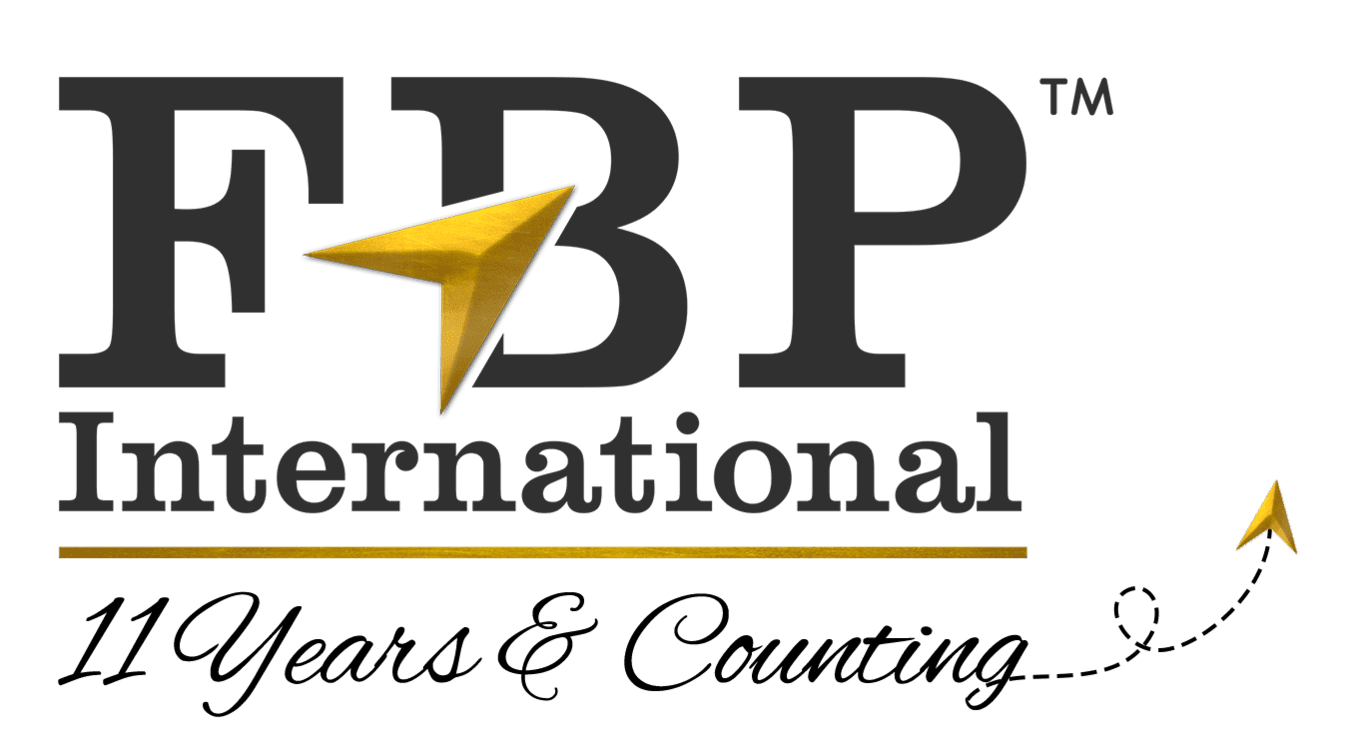Australia is most famous for its beautiful landscapes, kangaroos, and koalas. But another thing the Land Down Under is known for is its language. Yes, it is English, but it is English with a twist. Vibrant and unique, Australian slang often leaves non-Australians scratching their heads.
This blog will delve into the fun world of Aussie slang, exploring its cultural and historical significance and giving valuable tips to non-Australians who find themselves stunned in the face of crazy-sounding slang and phrases.
What is Aussie Slang?
Aussie slang refers to Australians’ casual and colloquial language in everyday discussions. It is a unique blend of acronyms, rhyming words, and idioms that have evolved to reflect Australian culture’s relaxed and welcoming character. Understanding Australian slang is more than a part of the language; it is a gateway to discovering the Australian way of life.
Aussie slang amalgamates humour, wit, and bizarre Australian references, resulting in a completely new type of English language. Aussies are proud of their culture, and one only has to learn to understand and adapt to this new way of speaking English.
Cultural & Historical Significance
The origins of Australian slang can be traced back to early European settlement in Australia. With a combination of English, Irish, and Indigenous influences, slang emerged as a method for early settlers and convicts to interact in a relaxed and informal setting. Aboriginal language words, convict sources, gold rushes, bushranging, and World Wars have all contributed to Australian slang today. It has evolved into an essential aspect of the Australian identity and character, instilling a sense of community and shared experience among Australians.
Regional Variations
Although Australian slang is understood very well across the country, there may be very subtle variations that one may find depending on the state or territory, which is simply a reflection of the culture and uniqueness of each. While a casual greeting like “G’Day mate” is quite common across the country, other words may differ.
Here are a few examples of regional variations of Aussie slang:
- School Bag or Port?
While most of Australia uses the term “school bag” for a… school bag, in Queensland and some parts of New South Wales, one refers to it as a “port”, which is short for ‘portmanteau’.
- Potato Fritters, Potato Cakes, or Potato Scallops?
Slices of potato generously dipped in batter and fried are known as either potato fritters in South Australia, potato cakes in Victoria, or potato scallops in other parts of the country.
- Swimmers, Bathers, Togs, or Cossies?
While New South Wales calls them swimmers or cossies, and West Australians and Victorians refer to them as bathers, Queensland calls them togs, and yes, they’re just your plain ol’ swimming costumes.
What is Strine?
Not many people know about “Strine”, a term derived from how Australians pronounce “Australian” and an exciting facet of Aussie slang. Strine is a distinctly Australian style of speaking that tends to shorten words and speak rapidly with a heavy accent.
Tips for First-Timers Navigating Aussie Slang
For those new to the world of Australian slang, decoding this fascinating language may take a lot of work initially. But rest assured that you will eventually get there. Here are some tips for first-timers to feel more at ease:
- Do Not Take Everything Too Literally: Aussie slang often involves quite a bit of humour, wit, and playfulness. In addition, there may also be a few “scandalous” words here and there. So, do not be surprised if someone asks you to bring your “thongs” to a party – they simply refer to flip-flops, not lingerie!
- Learn the Basics: Familiarise yourself with common expressions like “No worries” or “She’ll be right” and greetings like “G’day”, and you will be well on your way to incorporating Aussie local slang in your everyday conversations.
- Embrace Abbreviations: Australians do not hesitate to abbreviate words and love doing it, so there will be many terms that you may find familiar, like “arvo” for afternoon and “brekkie” for breakfast.
List of Slangs
Here are some quintessential Aussie slang terms and phrases that you can familiarise yourself with:
- Mate: A greeting used for friends, acquaintances, or even strangers.
- Bogan: A term used for someone perceived as uncultured, ill-mannered, or unsophisticated. It’s often used humorously but can also be offensive if misused.
- Chockers: Full or crowded. For instance, a busy beach may be described as “chockers.”
- Fair Dinkum: No joke, the real thing. It is an expression confirming the truth or authenticity of something.
- Nut Out: Work it out or solve a problem. For instance, someone wanting to figure out the details of their trip would say, “Let’s sit down to nut out the details of our weekend camping trip.”
Conclusion
Cracking the code of Australian slang opens up a world of warmth, comedy, and camaraderie with locals. As you manage the complexities of Australian English, keep in mind that adopting slang is a way to engage with Australia’s vibrant culture. Understanding Aussie slang will bring a homely feeling Down Under. So, get ready to spend an arvo in your thongs or even sip a cold schooner at a barbie with friends, but whatever you do, rest assured that an adventure of a lifetime awaits you Down Under!




